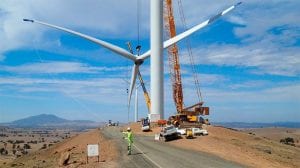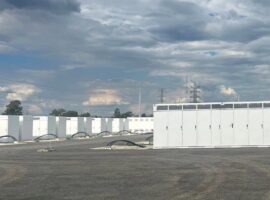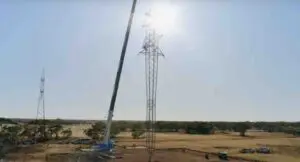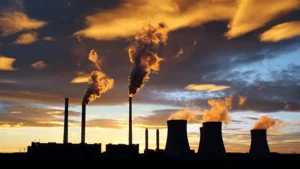
154 Australian experts have signed on open letter to Prime Minister Malcolm Turnbull demanding urgent action on climate change that matches the dire warnings coming from climate scientists.
The letter, organised by Australian National University climatologist Andrew Glikson, calls on the federal government to make “meaningful reductions of Australia’s peak carbon emissions and coal exports, while there is still time”.
Signatories include leading climate and environmental scientists such as the Climate Council’s Tim Flannery, Will Steffen, and Lesley Hughes, as well as reef scientists Ove Hoegh-Guldberg and Charlie Veron.
They point out that July 2016 was the hottest month ever recorded, and followed a nine-month streak of record-breaking months. Average carbon dioxide concentrations in the atmosphere reached 400 parts per million (ppm) in 2015, and are rising at a rate of nearly 3 ppm each year.
The world is already witnessing the effects of climate change, the letter argues, including an increase in extreme weather events, melting of the polar ice sheets, and ocean acidification.
Australia, along with 179 other nations, has signed the climate treaty brokered in Paris last year, aiming to limit average global warming to “well below 2℃ above pre-industrial levels and to pursue efforts to limit the temperature increase to 1.5℃”.
However Glikson warned that “the Paris Agreement, being non-binding, is in danger of not being fulfilled by many of the signatories”. The deal will not enter into force until it is ratified by 55 nations accounting for at least 55% of the world’s greenhouse emissions.
Glikson called for action to “transition from carbon-emitting technologies to alternative clean energy as fast as possible, and focus technology on draw-down (sequestration) of greenhouse gases from the atmosphere”.
Australia’s current greenhouse gas target, which it took to December’s Paris climate summit, calls for emissions to be reduced by 26-28% below 2005 levels by 2030. It has been widely criticised by experts as not ambitious enough.
Andrew Blakers, professor of engineering at the Australian National University, said Australia could reduce emissions by two-thirds by 2030 “at negligible cost”.
He said the falling cost of renewable energy, particularly solar and wind, the replacement of gas with electricity for heating, and the advent of electric vehicles would eliminate most emissions. Solar and wind installation, currently at 1 gigawatt each year, would need to be increased to 2.5 gigawatts each year to reach 100% renewable energy by 2030.
Remaining emissions, from shipping, aviation, and industry, could be eliminated after 2030 at slightly higher costs.
Lesley Hughes, a member of the Climate Council and professor at Macquarie University, said there were a number of factors causing the gap between science and policy, including vested interests, perception of economic downsides of climate action, ideological biases, and inertia in the system from current investment in fossil fuels. But she said the “most important issue” was the difficulty in convincing people to act to reduce risk decades in the future.
The Climate Change Authority, which advises the government on climate policy, in 2014 recommended Australia adopt a target of 40-60% below 2000 levels by 2030.
In a report released yesterday, The Climate Institute highlighted that aiming for 1.5℃ instead of 2℃ would avoid longer heatwaves and droughts, and give the Great Barrier Reef a better chance of survival.
The institute recommended that Australia adopt an emissions reduction target of 65% below 2005 levels by 2030 and phase out coal power by 2035.
Source: The Conversation. Reproduced with permission.







